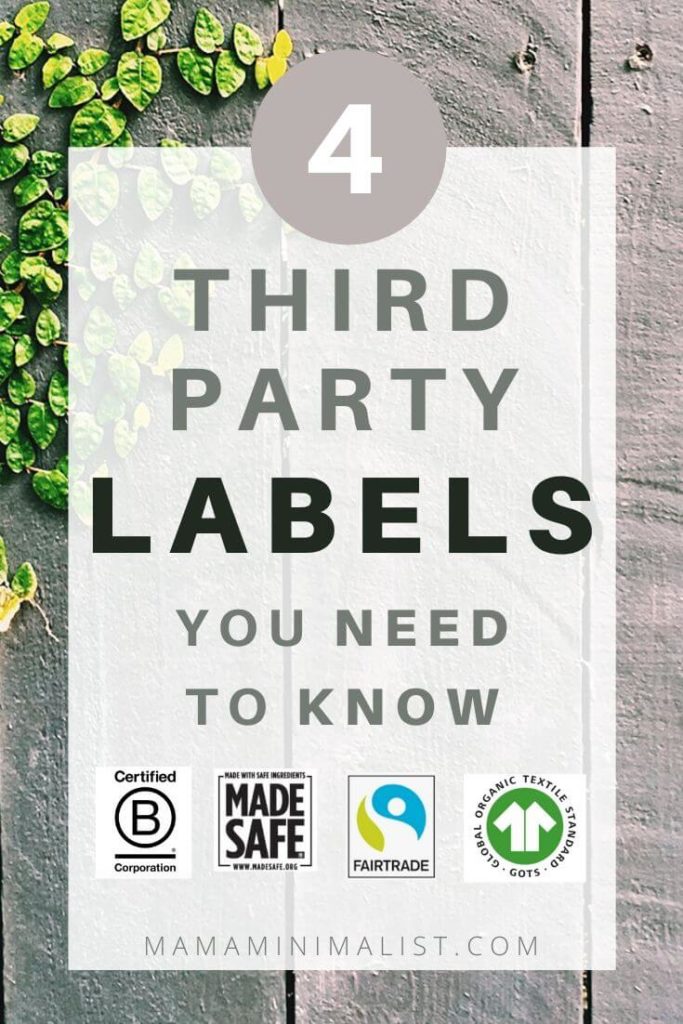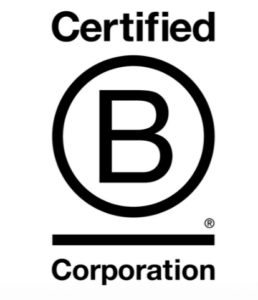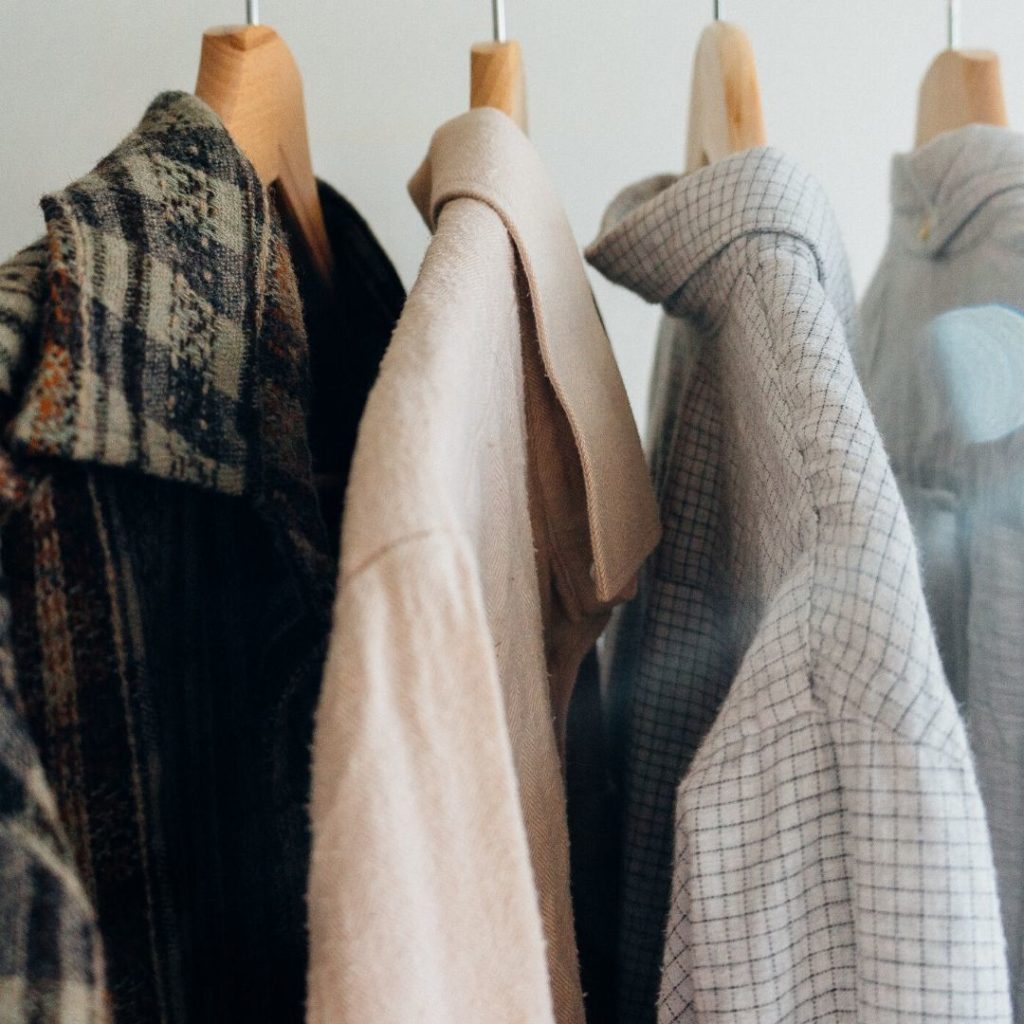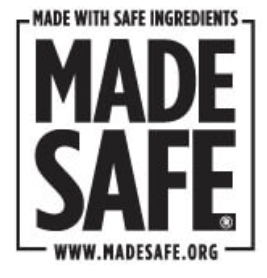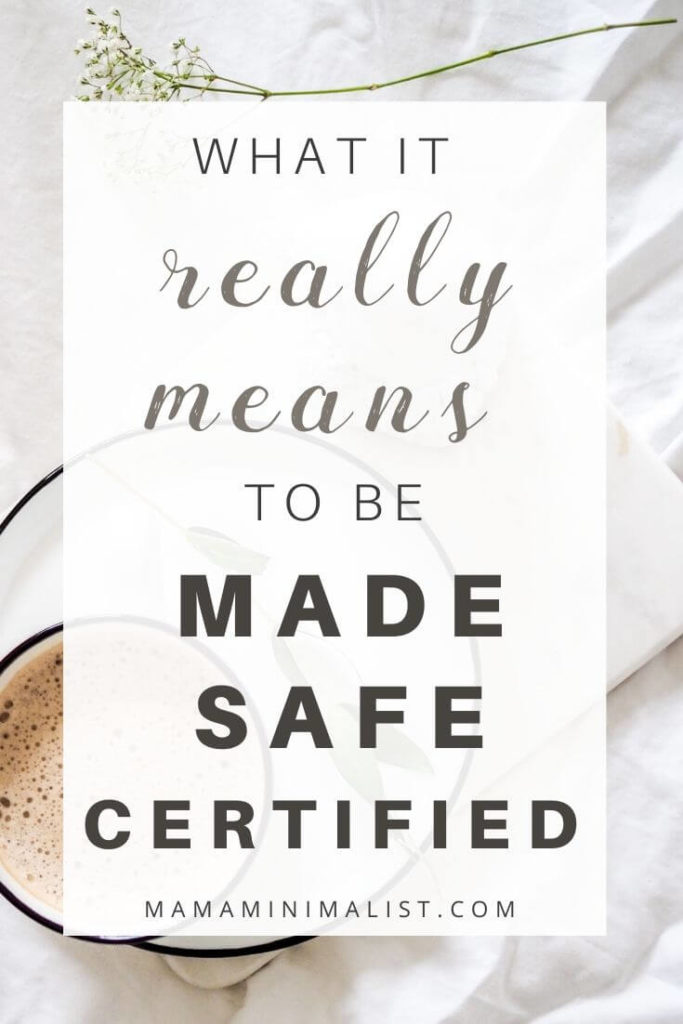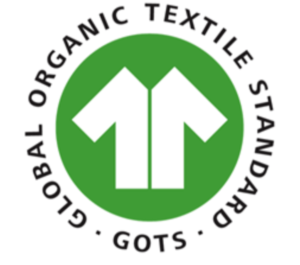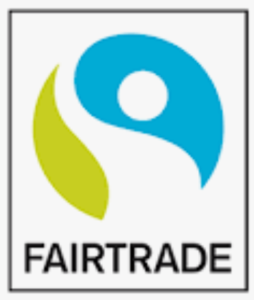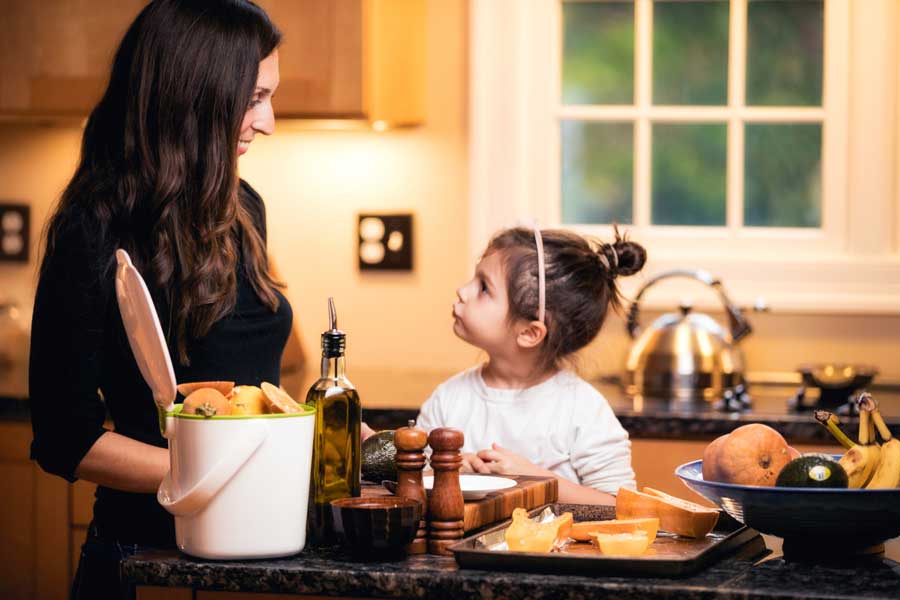What’s a Certified B Corporation? (And other 3rd Party Labels You Need to Know)
What’s a Certified B Corporation? How is Fair Trade different?
Have you ever wondered what it means to be a Certified B Corporation? Ever spy the Fair Trade logo on your favorite products and wish you understood its intricacies?
“All-natural”, “fat-free”, and “non-toxic” are blanket marketing statements that have no real meaning. But third party certifications? These distinct logos on product packages distinguish the best from the rest.
Certifications give consumers confidence a product has met strict guidelines for health, environmental, or social concerns.
Yet while labels are meant to give consumers confidence, it can be difficult to understand what all the different logos stand for.
In this article, I break down the distinctions between 4 common certifications so that you can shop with greater confidence, including:
– Certified B Corporation
– MADE SAFE®
– Global Organic Textile Standard (GOTS)
– Fair Trade
A common criticism of 3rd party certifications
A common criticism I hear about the certification process is that because it often costs money for products to become certified – and because corporations often pay third party certifiers hefty up-front sums – the certification process favors big companies and leaves smaller, Mom-and-Pop entrepreneurs out in the cold.
Are certifications yet another marketing ploy?
I advise you to continue buying locally whenever possible while also reaching out to the makers and growers in your community.
Ask your local farmer, for example, if he or she follows organic growing practices. Perhaps he runs an organic farm but has not gone through the process of becoming USDA certified.
As another example, ask your local soap maker for an ingredient list. Consumers often find that local options meet third party guidelines but simply do not have the fancy emblems.
What is a Certified B Corporation?
Longtime listeners and readers are well-aware of my love affair with workout clothes; indeed, I was initially introduced to the Certified B Corporation logo through the store Athleta.
While I knew that being a Certified B Corporation was important, I also found myself confused, because wasn’t Athleta part of Gap Incorporated? How powerful could the certification be, exactly, if Athleta was lumped into the same corporation as Old Navy, a major player in the fast fashion game?
It turns out that the Certified B Corporation certification is quite powerful, because it means that the certified companies are devoted to using business as a force of good, even at the expense of profit.
It’s the only certification that measures both social performance as well as its environmental practices.
Companies who aspire to become certified volunteer themselves to undergo a rigorous screening process; they commit to using their business to work towards a more sustainable economy in the long-term, too.
Certified companies also also pay an annual fee to be certified ranging from $500 to $50,000 based on annual sales.
As of June 2019, there are over 2,750 Certified B Corporations across 150 industries in 64 countries, including the following:
- Athleta
- Ben & Jerry’s ice cream
- Allbirds
- Stonyfield Organic
- Patagonia
- Leesa Mattress
- Ethique
MADE SAFE®
The MADE SAFE® certification stands for Made with Safe Ingredients.
The mission behind MADE SAFE® is to identify non-toxic products on the market for confused consumers.
The certification assumes products are harmful unless they can be proven safe. Certified products range from apparel to bedding, cosmetics, cleaning products, and more.
MADE SAFE® certified products have passed ingredient screenings for known:
- Behavioral toxins
- Carcinogens
- Endocrine disruptors
- Fire retardants
- High-risk pesticides
- Harmful VOCs
- and more
Examples of companies with MADE SAFE® certified products include:
- Naturepedic Mattresses
- True Botanicals
- Coyuchi bedding
Did you know?
You can find The Sustainable Minimalists podcast wherever you listen to podcasts.
Apple Podcasts | Google Podcasts | Spotify | Stitcher
Global Organic Textile Standard (GOTS)
How many times have you spied the marketing phrase “made with organic fibers” on products?
How confusing.
The Global Organic Textiles Standard (GOTS) demystifies the organic fibers conundrum, because the GOTS seal certifies that carrying products contain a minimum of 95% certified organic fibers.
Certified products with the label grade ‘made with organic’ must contain a minimum of 70% organic fibers.
The GOTS certification certifies textile products including socks, underwear, sportswear, bedding, and more. Some GOTS-certified brands include:
- Everlane
- Seventh Generation tampons and pads
- Pact Apparel
[Related: Why (Organic) Cotton is King]
Fair Trade
Fair Trade isn’t just about coffee, chocolate, and tea.
The Fair Trade certification is based on the simple idea that products are connected to the livelihoods of others. The movement believes craftsmen and women, farmers, fishermen, and more deserve the right to own a living wage that fulfills basic household needs.
Fair trade standards work to keep the planet healthy for future generations, too, by prohibiting the usage of most harmful chemicals and protecting natural resources.
Some notable companies with certified products include:
- Madewell
- PrAna
- Arrowhead Mills
- Everyday 365
- Trader Joe’s
